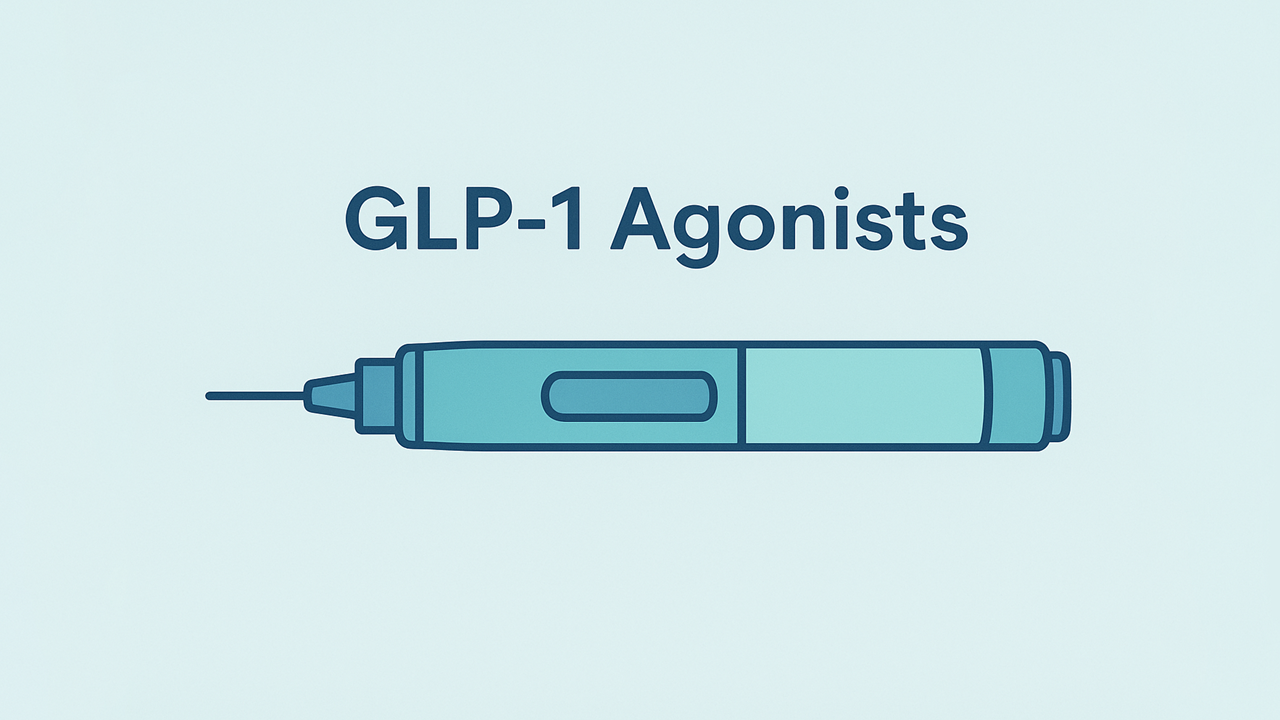Research-Backed Supplements for Treating Cancer
Cancer remains one of the greatest challenges in modern medicine—a set of diseases characterized by uncontrolled cell growth, the ability to invade healthy tissues, and in advanced stages, spread to other organs. While conventional treatments (surgery, chemotherapy, radiation, immunotherapy, etc.) have dramatically improved outcomes, scientists continue investigating dietary supplements and natural compounds for additional anti-cancer effects. These supplements may help slow cancer cell proliferation, induce tumor cell death, or improve a patient’s quality of life during therapy.
Research into these natural products has grown, ranging from in vitro lab experiments to animal tumor models and human clinical trials. Though some supplements have revealed promising anti-cancer properties, clinical evidence often remains incomplete. In many cases, these compounds appear most effective when combined with standard treatments—either by enhancing therapeutic efficacy or mitigating side effects. However, a few supplements show potential standalone benefits under certain circumstances, usually in early disease or preventive contexts.
Below, we categorize supplements by their primary usage: (1) those explored as stand-alone anti-cancer agents in lab and human studies, and (2) those studied mainly as adjuncts that improve outcomes or reduce toxicities when combined with standard therapy. Keep in mind that no supplement can guarantee a cure; rather, they may confer incremental benefits in carefully controlled settings. Anyone considering these options should consult their oncology team.
Supplements Investigated for Stand-Alone Anti-Cancer Effects
Resveratrol Supplement
Mechanism: Resveratrol is a polyphenol abundant in grapes and berries. Laboratory studies suggest it can induce cancer cell apoptosis, inhibit metastasis, and block pathways like NF-κB and Akt that fuel tumor growth.
Evidence: Animal research is robust, showing suppressed tumor formation in multiple cancer models. Early human trials (in breast, prostate, colorectal cancers) find it safe but have yet to confirm major clinical benefits. Low oral bioavailability is also a challenge.
Notes: Often touted for its “red wine” connection, resveratrol has generated excitement but remains in exploratory trials. It may hold chemopreventive value, though more data is needed to validate it as a primary therapy.
Green Tea Extract Supplement
Mechanism: The main active component is EGCG (epigallocatechin gallate), which interferes with multiple cancer pathways. It promotes tumor cell apoptosis, blocks angiogenesis, and reduces inflammation that tumors exploit.
Evidence: Meta-analyses and pilot trials show promise in early-phase chronic lymphocytic leukemia, prostate neoplasia, and possibly breast cancer risk reduction. In vitro and animal data strongly support its anti-cancer effect.
Notes: Green tea catechins are among the most studied botanical compounds. Some high-dose extracts are used in trials, but real-world results vary. Overall, a potentially valuable supplement for cancer prevention and mild tumor suppression.
Indole-3-Carbinol Supplement
Mechanism: Found in cruciferous vegetables (broccoli, kale), I3C alters estrogen metabolism and promotes cell cycle arrest in tumor cells. Its derivative, DIM, is similarly active against various cancer cell lines.
Evidence: Most data comes from rodent models, with a notable human study in cervical dysplasia (CIN). That trial showed significant lesion regression with I3C vs. placebo. Preliminary work in breast and colon cancer is ongoing.
Notes: I3C is both a chemopreventive and potential therapy for estrogen-driven or precancerous lesions. A major draw is its relative safety; it mainly modifies hormonal pathways and reactivates tumor-suppressor genes.
Black Seed Oil (Nigella sativa) Supplement
Mechanism: The key compound, thymoquinone, demonstrates pro-apoptotic, anti-inflammatory, and antioxidant properties in cancer cells. It may reduce cancer cell proliferation by downregulating signaling pathways like PI3K/Akt.
Evidence: Lab (in vitro/animal) studies point to tumor growth inhibition in colon, breast, and pancreatic models. Direct human evidence is limited to small pilot investigations.
Notes: Often used in Middle Eastern traditional medicine. While promising for its tumor-suppressive attributes, it currently lacks large clinical trials for validation as a stand-alone anti-cancer therapy.
Supplements Used Adjunctively with Standard Cancer Treatments
Curcumin Supplement
Mechanism: Curcumin (from turmeric) is a pleiotropic agent that blocks NF-κB, induces cancer cell apoptosis, and lowers pro-tumor inflammation. It may also protect normal tissues from oxidative damage.
Evidence: Several phase II trials show improved tumor response rates and reduced chemo side effects in colon, breast, and prostate cancers when curcumin is added. Although survival benefits remain uncertain, many researchers see curcumin as a synergistic “chemosensitizer.”
Notes: Poor oral bioavailability is the main hurdle. Specialized formulations (liposomal, nanoparticle) might enhance blood levels. It typically causes minimal toxicity, making it a popular add-on.
Turkey Tail Mushroom (PSK & PSP) Supplement
Mechanism: The beta-glucans in turkey tail mushrooms stimulate the immune system, activating T-cells and NK cells to attack tumor cells. They also reduce immunosuppression caused by the tumor.
Evidence: Multiple Japanese and Chinese trials confirm that Polysaccharide-K (PSK) or Polysaccharide-Peptide (PSP) plus chemotherapy improves survival in gastric and colorectal cancers. Meta-analyses show about a 20–30% reduced risk of death compared to chemo alone.
Notes: Widely used in Asia as part of standard post-surgery chemo. Often well-tolerated, it’s recognized as a “biological response modifier” that boosts anti-tumor immunity in combination regimens.
Melatonin Supplement
Mechanism: Beyond regulating sleep-wake cycles, melatonin can trigger tumor cell apoptosis, exert anti-estrogen effects in breast cancer, and enhance immune surveillance (boost NK and T-cell activity).
Evidence: RCTs in advanced solid tumors (breast, lung, GI) show better treatment response and 1-year survival, plus fewer side effects (nausea, fatigue) when melatonin is added to chemotherapy or radiotherapy. A meta-analysis indicates improved remission rates.
Notes: Typically given at 10–20 mg nightly. Melatonin’s minimal toxicity and immune benefits make it a valuable supportive therapy for multiple cancer types, often improving quality of life.
Omega 3 Fatty Acids Supplement
Mechanism: High-dose EPA/DHA incorporate into cell membranes, altering tumor cell signaling and inflammation. They can also protect against muscle wasting and reduce chemo-induced peripheral neuropathy.
Evidence: Studies in non-small cell lung, colon, and pancreatic cancer show enhanced chemotherapy response, less weight loss, and, in some cases, longer progression-free survival. Omega-3s reduce tumor-associated inflammation and might sensitize cancer cells to treatment.
Notes: Typically dosed ~2–3 grams of combined EPA/DHA per day. This approach is relatively safe, with the main caution being potential mild blood-thinning effects at higher doses. An accessible, supportive strategy for many solid tumors.
An Interesting Note on Personalized Nutrition
As cancer therapy advances, the concept of precision nutrition emerges. Not all patients respond identically to the same supplement. Genetic variants, gut microbiome profiles, and tumor biology can dictate whether a given compound (e.g., curcumin or omega-3) will truly help. Future clinical trials may incorporate biomarkers—like RAS mutation status, the status of key immune cells, or vitamin D levels—to identify subgroups likeliest to benefit. Thus, while these supplements have broad potential, the next phase of research aims to pinpoint precisely which patient population each supplement best serves.
Moreover, the delicate interplay between the immune system and tumor progression means that timing and dose can matter greatly. Some compounds are pro-oxidant at high concentrations (like vitamin C), but antioxidant at low concentrations—a phenomenon that can change how they behave in synergy with chemo or radiation. As we delve deeper into these complexities, the promise of integrative cancer care grows. Patients might soon receive fully individualized regimens combining conventional therapy with carefully tailored nutraceuticals to maximize efficacy and minimize harm.
References
Berman, A. Y., et al. (2017). The therapeutic potential of resveratrol: a review of clinical trials. npj Precision Oncology, 1, 35.
Oh, J. H., et al. (2023). Anticancer Therapeutic Effects of Green Tea Catechins (GTCs) When Integrated with Antioxidant Natural Components. Molecules, 28(5), 2151.
Shanafelt, T. D., et al. (2013). Phase 2 Trial of Daily, Oral Polyphenon E in Patients with Asymptomatic, Rai Stage 0-II Chronic Lymphocytic Leukemia (CLL). Cancer, 119(2), 363–370.
Chiavarini, M., et al. (2023). Exploring the Contribution of Curcumin to Cancer Therapy: A Systematic Review of Randomized Controlled Trials. Frontiers in Oncology, 13, 1295610.
McCullough, M. L., et al. (2015). Vitamin D and Cancer: A review of molecular mechanisms. Journal of Clinical & Translational Endocrinology, 2(1), 19–25.
Wang, F., et al. (2022). A Randomized, Open-Label, Multicenter, Phase 3 Study of High-Dose Vitamin C Plus FOLFOX ± Bevacizumab versus FOLFOX ± Bevacizumab in Unresectable Untreated Metastatic Colorectal Cancer (VITALITY Study). Frontiers in Oncology, 12, 954123.
Lu, H., et al. (2011). Polysaccharide Krestin Is a Novel TLR2 Agonist that Mediates Tumor Regression by Potentiating T-cell Efficacy. Clinical Cancer Research, 17(1), 67–76.
Yang, J., et al. (2020). The Effect of Melatonin Supplementation on Cancer-Related Fatigue during Chemotherapy Treatment of Breast Cancer Patients: A Double-Blind, Randomized Controlled Study. Cancers, 16(4), 802.
Talib, W. H., et al. (2021). Melatonin in Cancer Treatment: Current Knowledge and Future Opportunities. Molecules, 26(2), 250.
Memorial Sloan Kettering Cancer Center. (2019). Omega-3. Retrieved from https://www.mskcc.org/cancer-care/integrative-medicine/herbs/omega-3




